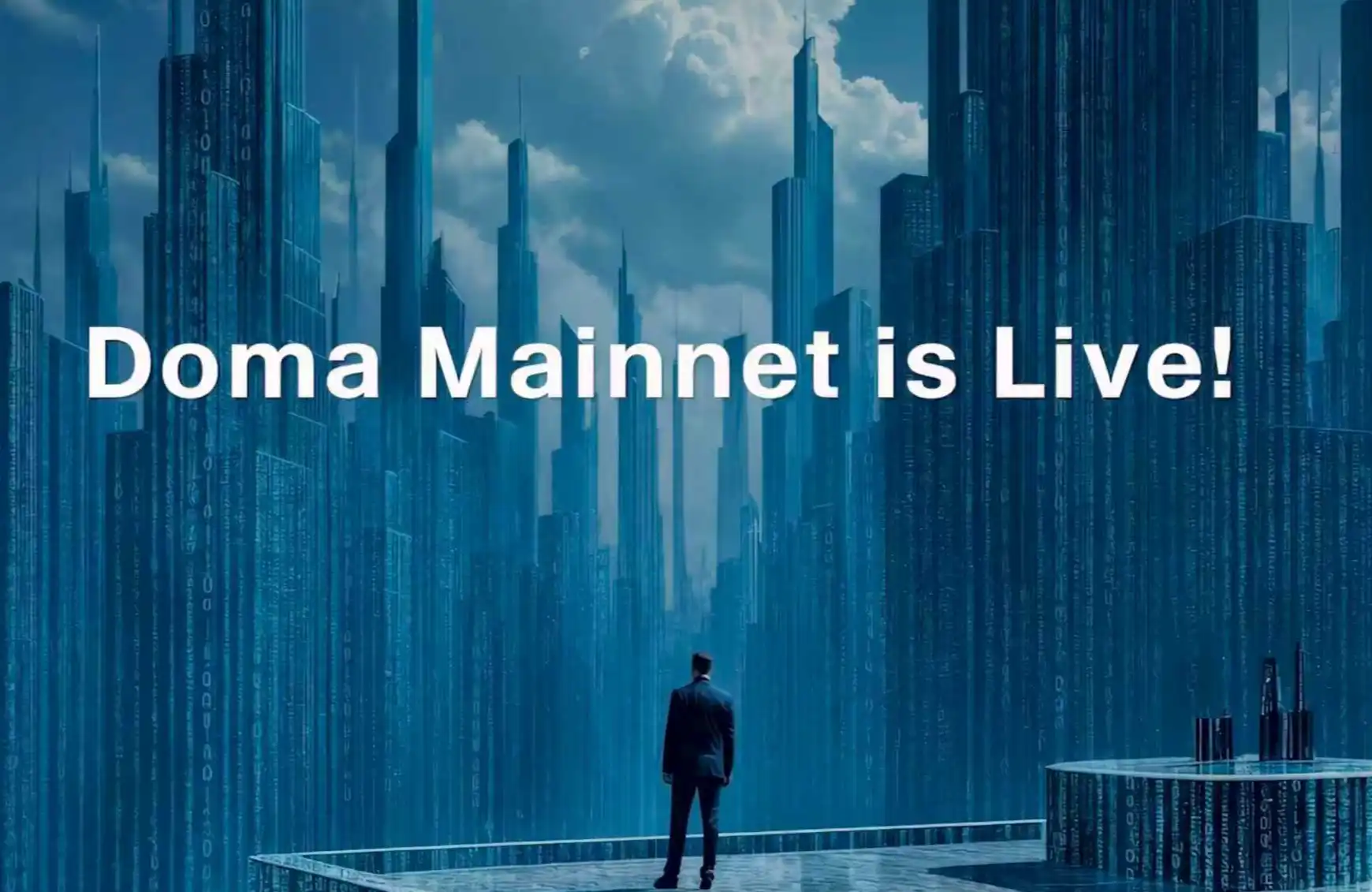MSTR may be removed from the MSCI index, sparking conflict as the "Crypto Little Deng" faces off against the "Wall Street Old Deng" in a dramatic showdown.
The cryptocurrency community is strongly pushing back, calling for a boycott of Wall Street institutions and even shorting JPMorgan. MicroStrategy's founder also insists that the company is operational in nature rather than a fund.
The cryptocurrency community has strongly pushed back, calling for a boycott of Wall Street institutions and even shorting JPMorgan, while the MicroStrategy founder insists the company is an operating entity rather than a fund.
Written by: Long Yue
Source: Wallstreetcn
A proposal regarding the possible removal of MicroStrategy (MSTR) from MSCI indices has sparked a clash of ideologies between cryptocurrency supporters and traditional financial institutions. A storm is brewing between the "crypto community" and "Wall Street."
Recently, index compilation giant MSCI released a consultation document proposing to exclude "digital asset treasury companies" from its global investable market indices. According to MSCI's definition, such companies are those whose digital asset holdings exceed 50% of total assets, or those that identify themselves as digital asset treasuries and primarily raise funds to increase their bitcoin holdings.
MSCI explicitly questioned in the document whether these companies "exhibit characteristics similar to investment funds," which are typically excluded from stock benchmark indices. This is the core of the debate: are these "digital asset treasury companies" innovative operating entities, or are they investment funds disguised as companies?
This move immediately triggered a chain reaction in the market. Wall Street giant JPMorgan issued an analysis warning that if MicroStrategy is removed, it would put "tremendous pressure" on its valuation. The bank's analysts noted that of MicroStrategy's then market cap of about $59 billion, approximately $9 billion was held by passive investment vehicles tracking major indices.
The bank estimated that MSCI's action alone could trigger about $2.8 billion in forced selling by passive funds; if other index providers such as Russell follow suit, the total sell-off could reach as much as $8.8 billion.
Another investment bank with a 107-year history, TD Cowen, also stated that it expects MSCI will ultimately remove all such "digital asset treasury companies" from its indices.
Strong Resistance from the "Crypto Community," Even Calling for Shorting JPMorgan
MSCI's proposal and JPMorgan's analysis have sparked a strong backlash on social media and within the cryptocurrency community. Some crypto supporters have openly called for a boycott of JPMorgan and for shorting its stock. They accuse the bank of possible "front running," meaning it sets up its positions in advance and then releases bearish reports to profit from a price drop.
The crypto community believes that "digital asset treasury companies" provide restricted institutional investors with a way to indirectly track bitcoin through stock exposure, and index exclusion could weaken this channel.
MicroStrategy Executive Chairman Michael Saylor responded that the company is not a fund, trust, or holding company, but an operating enterprise with a $500 million software business, using bitcoin as "productive capital."
Meanwhile, MicroStrategy's founder has firmly defended its business model. This incident is not only about the fate of a single company, but could also accelerate the rotation of institutional investors' access to bitcoin exposure, shifting from proxy stocks to more clearly regulated spot ETFs.
Index Giant's "Housekeeping"
On the surface, MSCI's proposal appears to be a routine "index housekeeping." In its consultation document released in October, MSCI explicitly raised a fundamental question: do these companies with large digital asset holdings "exhibit characteristics similar to investment funds"?
The background to this question is that mainstream stock indices typically exclude investment vehicles such as ETFs, closed-end funds, and investment trusts, to ensure that index constituents represent operating companies in the real economy. MSCI's move is an attempt to clarify whether, when a software company's balance sheet is dominated by bitcoin, it has already crossed the line between an operating company and an investment vehicle.
According to MSCI's timeline, the final decision on the relevant rules will be announced on January 15, 2026, and is planned to be implemented in the index review in February 2026. This seemingly technical adjustment could have a profound impact on an emerging stock category.
A Battle of Ideologies Over "Definition"
The core of this incident is a deep ideological conflict: how to define these new types of companies. Bloomberg columnist Matt Levine has analyzed this in depth, summarizing two opposing views in the market.
Those in favor of treating them as ordinary stocks argue:
- Legally, they are stocks.
- Most of them have other businesses besides holding cryptocurrencies (such as MicroStrategy's $500 million software business), so they should be regarded as operating companies in a special sector.
- For institutions that cannot directly invest in cryptocurrencies due to compliance restrictions, these stocks provide a legitimate alternative exposure.
The opposing view is more pointed:
- They are essentially investment funds, which have always been excluded from mainstream indices such as the S&P 500.
- The so-called "operating business" is just a decoration; their stock prices mainly reflect the value of their crypto holdings.
- Allowing stock funds to "mix in" crypto assets in this way goes against investors' original intention of buying pure stock exposure.
MicroStrategy co-founder Michael Saylor firmly opposes the "fund" label.
He emphasized that the company is not a fund, trust, or holding company, but a listed company that uses a unique treasury strategy to treat bitcoin as productive capital, and that changes in index classification will not affect the company's way of operating. He has repositioned the company as a "bitcoin-backed structured financial company" to highlight its operating nature.
Market Impact: Rotation from Proxy Stocks to Spot ETFs
Regardless of the final definition, MSCI's move could accelerate an ongoing market trend: institutional capital rotating from "digital asset treasury" (DATs) stocks to spot bitcoin ETFs.
According to a report by DLA Piper, as of September 2025, more than 200 U.S. listed companies had adopted digital asset treasury strategies, holding about $115 billion in cryptocurrencies. These companies have provided traditional financial institutions with a convenient "workaround." But this convenience comes with structural weaknesses; for example, when the stock price falls below the net value of its crypto holdings, the company will face pressure to sell assets to buy back shares.
Meanwhile, spot bitcoin ETFs have surpassed $100 billion in assets under management in less than a year since launch. These ETFs offer a purer, less leveraged bitcoin exposure, avoiding the complex balance sheet issues of treasury stocks.
Therefore, MSCI's proposal is a "clear liquidity negative event" for these proxy stocks. Once index funds sell MSTR, they will not buy bitcoin ETFs instead, but will buy other stocks to fill the index gap. While this does not directly cause bitcoin to be sold, the secondary effects cannot be ignored: treasury companies facing stock price and financing pressure may have a reduced ability to buy bitcoin in the future, or may even be forced to sell some of their holdings.
According to a table compiled by CryptoSlate, in addition to MicroStrategy, crypto mining companies such as Riot Platforms and Marathon Digital are also on MSCI's preliminary watchlist, constituting a potential "long tail" liquidity risk. Ultimately, this incident will force the market to make a choice: should bitcoin exposure exist in stock benchmark indices, or should it be confined to dedicated crypto investment products?
Disclaimer: The content of this article solely reflects the author's opinion and does not represent the platform in any capacity. This article is not intended to serve as a reference for making investment decisions.
You may also like
Bitcoin price bottom due ‘this week’ with BTC down 20% in November

"Myth of the 'Crypto Treasury' Shattered? Stock and Token Prices Plummet, Forcing Companies to Sell Crypto Assets"
However, as a pioneer of the "crypto treasury," Strategy has chosen to increase its holdings against the trend.

Another EOS scandal: community accuses the Foundation of running away with the funds
Big spending: Where has all the foundation's money gone?

Doma mainnet goes live, 36 million domain names can be used as tradable tokens
The world's first blockchain compliant with DNS standards enables the tokenization and trading of premium exclusive domain names.

